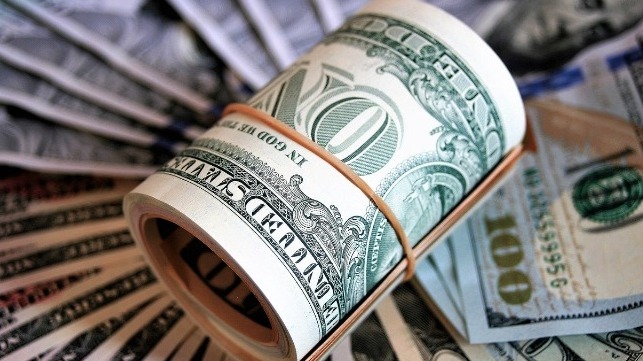Tanzania’s Ports Boss Dismissed Over Corruption Allegations

Tanzania Ports Authority (TPA) Director-General Deusdedit Kakoko has been suspended over alleged embezzlement of 3.6 billion shillings ($1.5 million)
The decision was made after the country’s new president, Samia Suluhu, received a report compiled by the controller and auditor general for the financial year 2019-2020. The report implicated the port's senior management in a pattern of fraudulent expenditures.
The president noted that she has seen massive embezzlement of funds at the Tanzania Ports Authority and directed the Prevention and Combating of Corruption Bureau (PCCB) take up the matter urgently.
TPA has been in the spotlight previously over corruption concerns, leading to suspension of top finance managers in December 2020. The operation was led by the Prime Minister Kassim Majaliwa. They were accused of depriving Tanzanian government of revenues through an unapproved tax exemption amounting to two billion shillings ($860,00). In addition, financial misappropriation at Kigoma Port further exposed the rot in TPA, which had shown a steady increase in revenue - but 30 percent of it remained in people’s pockets.
“But from the report that you submitted yesterday, at least 3.6 billion shillings ($1.5 million) had been embezzled at TPA. When the Prime Minister conducted a probe, we only managed to fire junior staff. I now order the suspension of the TPA director-general to pave way for investigations into the embezzlement,” said President Suluhu.

that matters most
Get the latest maritime news delivered to your inbox daily.
Dar es Salaam Port in Tanzania is the Mombasa Port's chief competitor, seeking to replace it as East Africa’s gateway. Through the Dar es Salaam Maritime Gateway project (DSMGP), financed by a $345 million World Bank grant and expected to be complete by 2024, TPA has proposed a raft of measures aimed at improving efficiencies at the Port of Dar es Salaam.
Unfortunately, even with elaborate plans to modernize African ports - mostly through debts from multilateral financiers and China - the scourge of corruption continues to threaten the expected benefits from these major infrastructure developments.
